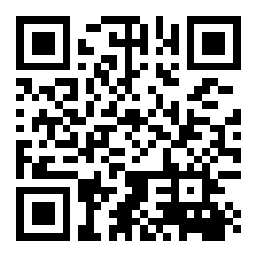Live Session
Tuesday Posters
Late Breaking Results
Is It Really Complementary? Revisiting Behavior-based Labels for Complementary Recommendation
Kai Sugahara (The University of Electro-Communications), Chihiro Yamasaki (The University of Electro-Communications) and Kazushi Okamoto (The University of Electro-Communications)
Abstract
Complementary recommendation is a type of item-to-item recommendation that recommends what should be purchased together for an item. Previous studies have traditionally used behavior-based labels (BBLs) that are constructed from the co-purchase logs of users for training and evaluation because rigorous label construction for complements is inefficient. However, the fact that many item pairs in BBLs are not functionally complementary, even though they are frequently co-purchased, has been overlooked. This study aimed to re-evaluate the validity of BBLs through functional relationships and provide directions for their improvement. Quantitative analysis using manually annotated function-based labels (FBLs) as correct labels revealed that the accuracy of the complementary recommendations generated by BBLs was below 50%, suggesting potential functional incompatibility within BBLs. Existing models that were trained on BBLs were similarly inaccurate, indicating the unreliability of the evaluations in existing studies. Finally, we proposed a label correction method for BBLs using a small set of FBLs, thereby providing a direction for reliable complementary recommendations.
Join the Conversation


